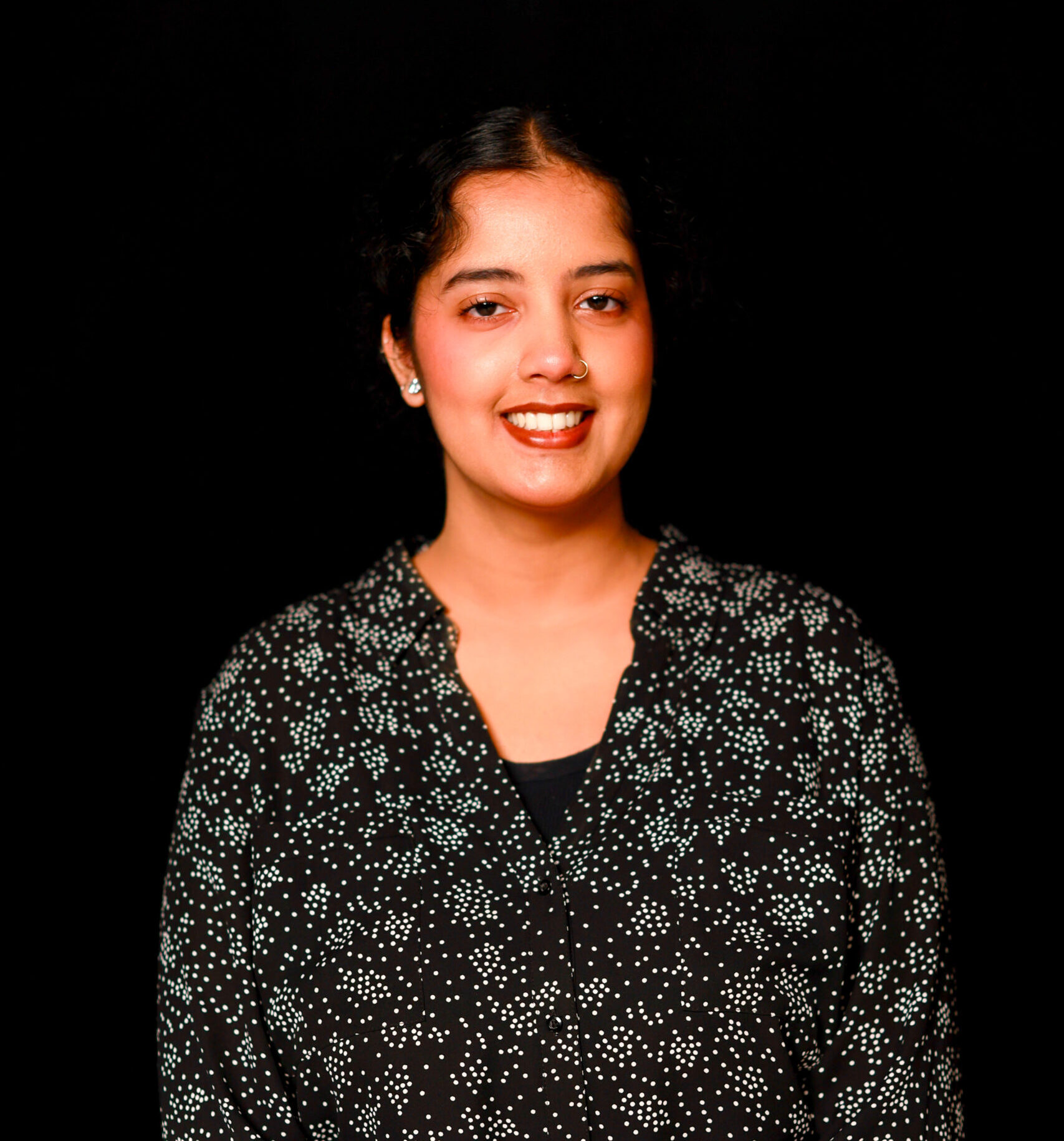The university’s public safety announced on March 25, 2025 that they would begin to host biweekly safety sessions on campus.
The sessions included information on the safety procedures students and community members need to know to ensure their well-being in case of disaster.
“[W]e have developed protocols that represent… emergencies that might arise and steps that students, faculty, or staff should take in encountering and/or reporting a critical incident,” said Chief of Police Scott Kunkle in an email sent through the university’s communications system.
The sessions were hosted twice a week, every other week, each Monday at 10 a.m. and Thursday at 1 p.m. in Huber Spielman, room 120. The Thursday sessions served as a repeat of Monday’s discussion to allow two opportunities for participation.
The first sessions began Monday, March 31, which featured Kunkle covering the following topics:
- Hazardous materials
- Lockdowns
- Missing person
- Pandemic planning
- Public disturbance
- Suspicious package unattended
- Tornado severe weather
- Unauthorized person in building
- Weapons
During the next sessions, Kunkle addressed general utility outages, fires, flooding, gas leaks, bomb threats, explosions and emergency closures.
Kunkle said it is important for students to call public safety in situations like power outages so they can “assess” the situation and act based on circumstances.
If the power outage happens during a cold day, public safety will need to contact Facilities Management and figure out “where to move [students]” to “keep [them] warm.”
“Let us know your power’s out,” Kunkle said. “We’ll get a hold of Facilities Management.”
Officer Steve Payne said students who are outside during a power outage should “try to be visible.”
“The more visible you are, the easier it is [to] see you,” Payne said.
For fire emergencies, Kunkle encouraged students to “get out of the building” as fast as they can, even if it happens to be a false alarm. He said students do not get out as quickly as they should because they treat “fake alarms” with less urgency as opposed to real fires.
“You never know when it’s a real thing,” Kunkle said. “[And] that could be a bad situation. So always treat a fire alarm like it’s a real thing.”
Throughout the session, Kunkle, Payne and Officer Guillermo Zarate continued sharing important advice and ways to identify potentially dangerous situations, like gas leakages, by the way they smell.
By going to these sessions, students learned more about what public safety does for the community, as well as protecting themselves from harm. Students can go to the university’s website for additional information from the sessions.


